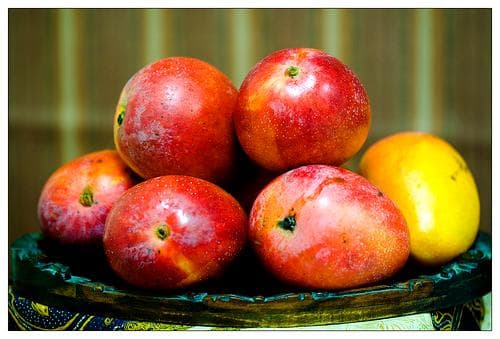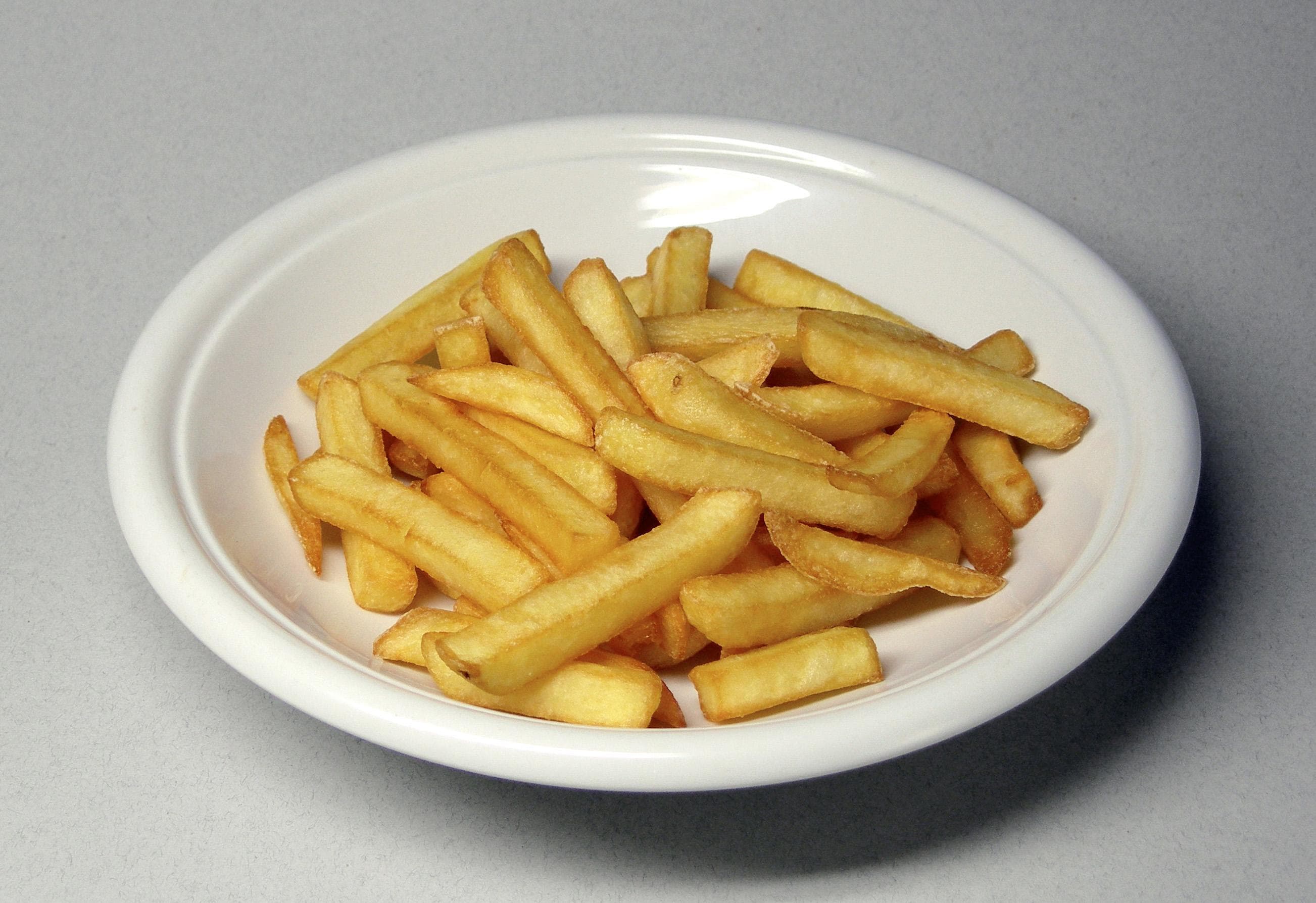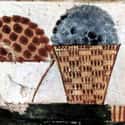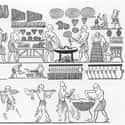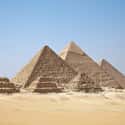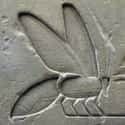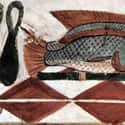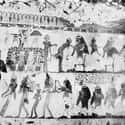-
(#12) They Used Dates, Figs, And Raisins As Sweeteners
While honey was often used as a sweetener by the rich, Egyptians who couldn’t afford much of it had to get a little more creative. Fortunately, they had access to the Nile and a wealth of date, fig and grape trees. Some of these fruits were simply eaten, while others were dried and preserved. The Egyptians would bake fruits into bread or use the juice to create a syrup.
As new civilizations grew around Egypt, the Egyptians imported new fruits. According to Reshafim.org:
Apple, olive, and pomegranate trees were brought to Egypt during the reign of the Hyksos or later. Mulberry trees reached Egypt from Armenia or Persia before or during the New Kingdom. Pears, peaches, almonds, and cherries were not introduced until the Roman period, but figs, grapes and the not always very tasty sycamore figs, which could be harvested from April to December, were known from early times. Coconuts were an imported luxury fruit affordable only to the rich.
-
(#6) Bread Was A Symbol Of Hospitality And A Frequent Spiritual Offering
In some ways, the ancient Egyptian moral universe was similar to many of today's religions: good deeds were rewarded in the afterlife. Many wealthy Egyptians made public demonstrations of their charity, often by giving away bread to the poor. Indeed, bread was a symbol of hospitality, in terms of both charity and spiritual offerings.
Upon passing, the ancient Egyptian's ka (roughly analogous to the modern idea of the soul), continued to the afterlife. To ensure continued existence and ease of passage, though, regular food offerings were made at the tombs of the departed; or in the case of the pharaohs, to the monuments and statues they erected. This was taken so seriously that offerings were withheld from lawbreakers and sinners as a form of punishment.
-
(#15) Their Rich Diets May Have Contributed To Their Success As A Culture
Historians and archeologists generally pinpoint the transition from hunting and gathering to agriculture as one of the earliest major turning points in human civilization. If early humans were successful because of this transition to agriculture, then it follows the culture with the best access to agricultural techniques would build the most influential empire.
The Nile Delta, with its incredible amounts of fish, game, fruits, and vegetables, provided the nutrition the ancient Egyptians required to build large, population-dense cities. This, in turn, led to increased specialization and the scientific, cultural, and architectural breakthroughs for which ancient Egypt is known.
-
(#1) Honey Was One Of The Most Prized Foods In Ancient Egypt
For the ancient peoples, honey was probably nothing short of miraculous. It can sweeten anything, moistens any dish that it’s baked with, and lasts forever, even when completely unpreserved. And ancient Egyptians thought of honey as something close to sacred.
Honey - and the bees that made it - played a huge role in the religious and political life of ancient Egypt. So much so that the bee was the official symbol of the king of the Lower Egyptian Kingdom.
Even the lower classes had some access to honey, which presumably means ancient Egyptians produced honey in vast quantities.
-
(#9) Some Fish Were Considered Sacred, While Others Were Deemed Unclean
It's difficult to summarize the attitudes of ancient Egyptians on any one subject because the empire lasted for so long, was divided into so many periods and dynasties, and consisted of so many different people in vast geographical areas, each with their own religious and cultural attitudes. Nowhere is this more evident than in the ancient Egyptians’ view of fish.
Due to some religious connection between certain species of fish and certain gods, like Set, certain fish were considered sacred or unholy, clean or unclean, fit for the wealthy or only fit for the poor. This is further complicated by the Nile's array of aquatic life.
From the Greek historian Herodotus, we know the eel was sacred in the Late Kingdom, as were tilapia, carp, and some kinds of perch. It's unclear exactly how this worship was expressed, although numerous fish were identified with particular deities.
-
(#13) The Upper Classes Loved Throwing Lavish Banquets
It was a custom in ancient Egypt to paint the best parts of a person's life on their tombs. These depictions have provided a great deal of evidence of the kinds of parties the rich used to have, and by all evidence, the Egyptians could throw a rager. It’s hard to know precisely what these parties were like, but what we do know indicates there was often lavish entertainment in the form of music, dancing, and even acrobatics.
And then there was the food. According to Tour Egypt, the parties included "rich dishes of butter and cheese, fattened fowl and beef, flavored with rosemary, cumin, garlic, parsley, cinnamon, and mustard, and sweetened with honey, figs and other fruits. Meat was a luxury in ancient Egypt, but at a feast, no expenses were spared."
New Random Displays Display All By Ranking
About This Tool
The food history of ancient Egypt covers more than 3000 years, but the main characteristics of this food culture have remained unchanged until the Greco-Roman era. In ancient Egypt, whether rich or poor, the most common foods were bread and beer, accompanied by green sprouts onions, and other vegetables. For geographical reasons, ancient Egypt planted barley and wheat, which could be made into bread and beer. Ancient Egyptian foods played an important role in the development of food culture.
Most of the information about ancient Egyptian foods comes from pictures on the walls of tombs. We collected random 15 information about the foods that ancient Egyptians actually eat here.
Our data comes from Ranker, If you want to participate in the ranking of items displayed on this page, please click here.

